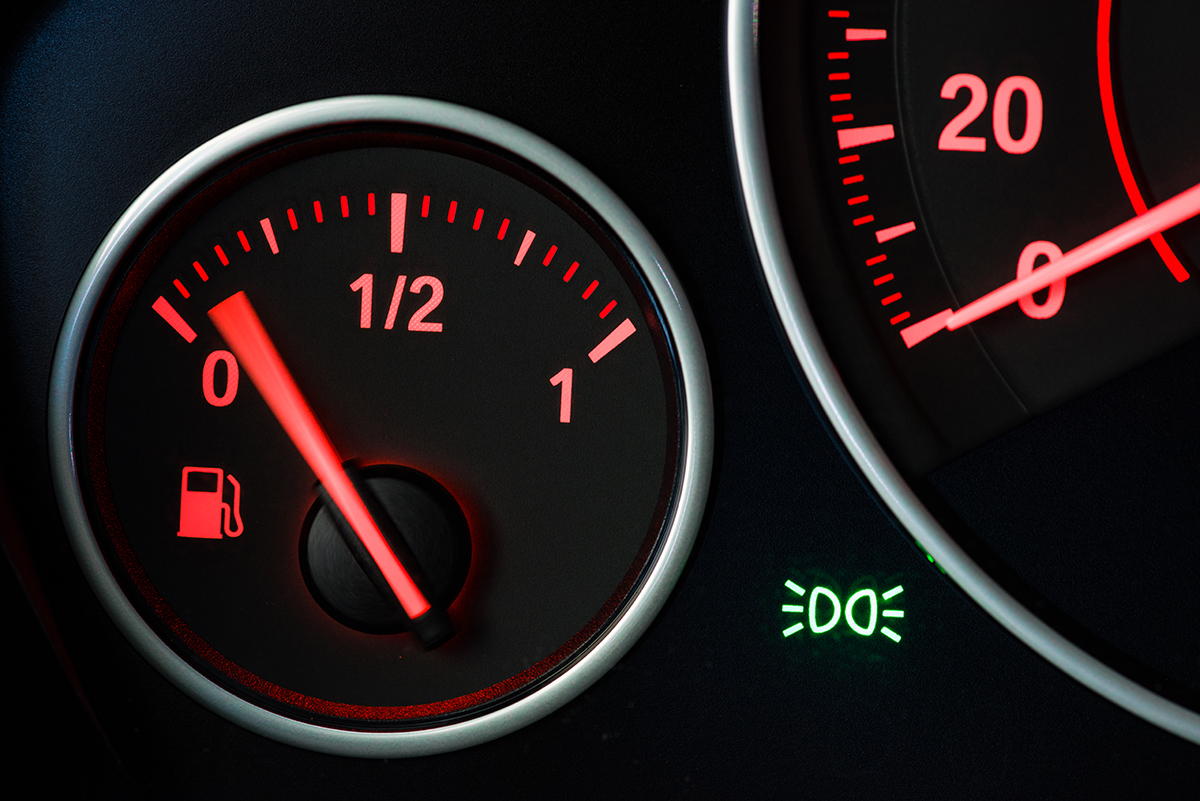
When we take God’s commands seriously, then sooner or later—sooner, in fact—we face the question: How do I do what is impossible for me to do?
And the answer is so simple that it will likely make you want to stop reading this blog (but please give it just one more sentence after you read it):
We need to pray.
And yet, if you’re like me, that’s often exactly what you don’t do. We all know that Christians are supposed to pray. But we also find it really hard. There are all sorts of reasons why we might not pray—but this is one that perhaps lies deeper than most. We don’t pray because, in truth, we don’t really think we need to pray.
Imagine you are driving down the motorway with a full tank of petrol and you see a service station. What is your reaction? You perhaps think to yourself, “Is there anything I want? Some snacks? A neck pillow? Shall I stop? Yes, I think I will and pick up a coffee and a burger.”
Now imagine the same scenario but this time your petrol tank is empty. Your reaction is so different. You see the sign and your heart leaps for joy. You aren’t thinking of burgers and blankets. You know that you need fuel.
Some of us are in danger of approaching prayer with a full tank approach. “Shall I take some time to pray today? Yes, perhaps that would be nice. There are a few things I could do with. I’ll pull in for a few minutes with God.”
But when Jesus taught his disciples to pray in Matthew 6 v 9-13, he had something very different in mind. This prayer comes as part of a much bigger sermon and the first sentence of that sermon is essential for us to understand. Jesus starts with these words:
Blessed are the poor in spirit. (Matthew 5 v 3).
Here is the heart attitude that all true prayer springs from. To be poor in spirit means to know that your tanks are empty. It means to be aware of your desperate need. And it means, from that place, to cry out to a Heavenly Father who has the resources we need.
We find it so hard to say the words “I can’t”, but until we learn to embrace our emptiness we will only ever treat prayer as a luxury, never as a necessity. When we humble ourselves and admit our need, we are on the first steps to prayer—and to doing the impossible.
Until we learn to embrace our emptiness we will only ever treat prayer as a luxury, never as a necessity
There are loads of situations we face that we can’t manage. There are sins we are commanded to avoid, but that we can’t defeat. There are problems we are commanded not to be anxious about, but that we can’t solve. There are things we are commanded to do, but that we can’t handle.
That is when we need to learn to pray with an empty tank.
There is a great story in the Bible that shows this “empty-tank” praying. When King Jehoshaphat was facing an enemy that was far too vast for him to defeat, he said these words:
We have no power to face this vast army that is attacking us. We do not know what to do, but our eyes are on you. (2 Chronicles 20 v 12)
Jehoshaphat won. Or rather, God did. When Jehoshaphat led his army out for battle, trusting that God would be with them, he found that the enemy were all dead (v 24-26).
This is how you face what is impossible: by saying “We have no power… but you do”.
Why not take that prayer into the impossible situations you face this week? Perhaps you meet with a friend who is going through a terrible time. Rather than trying to fix it and find a solution, why not use this prayer with them?
Perhaps your latest strategy to defeat sin has failed and you find yourself back in the cycle of failure again. Rather than pick yourself up and have another go—fall to your knees with an empty tank and pray these words.
We might be empty, but God is full. He is full of love, full of forgiveness, full of patience and full of power. When you face the impossible—pray to him.
In Impossible Commands Jonty Allcock shows us that embracing the impossibility of our own obedience leads not to despair, but to true freedom as we look to the God who can do all things. Available to buy here.